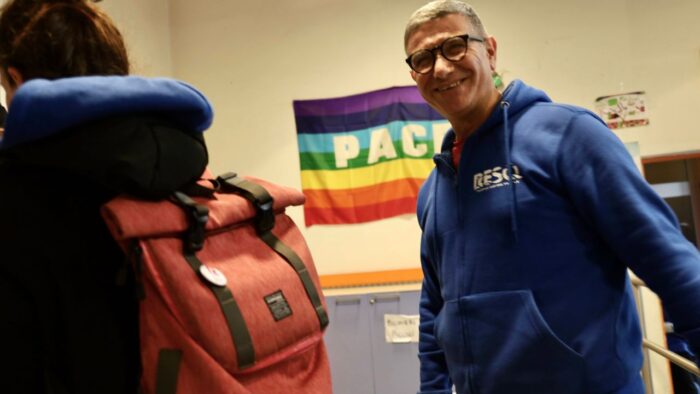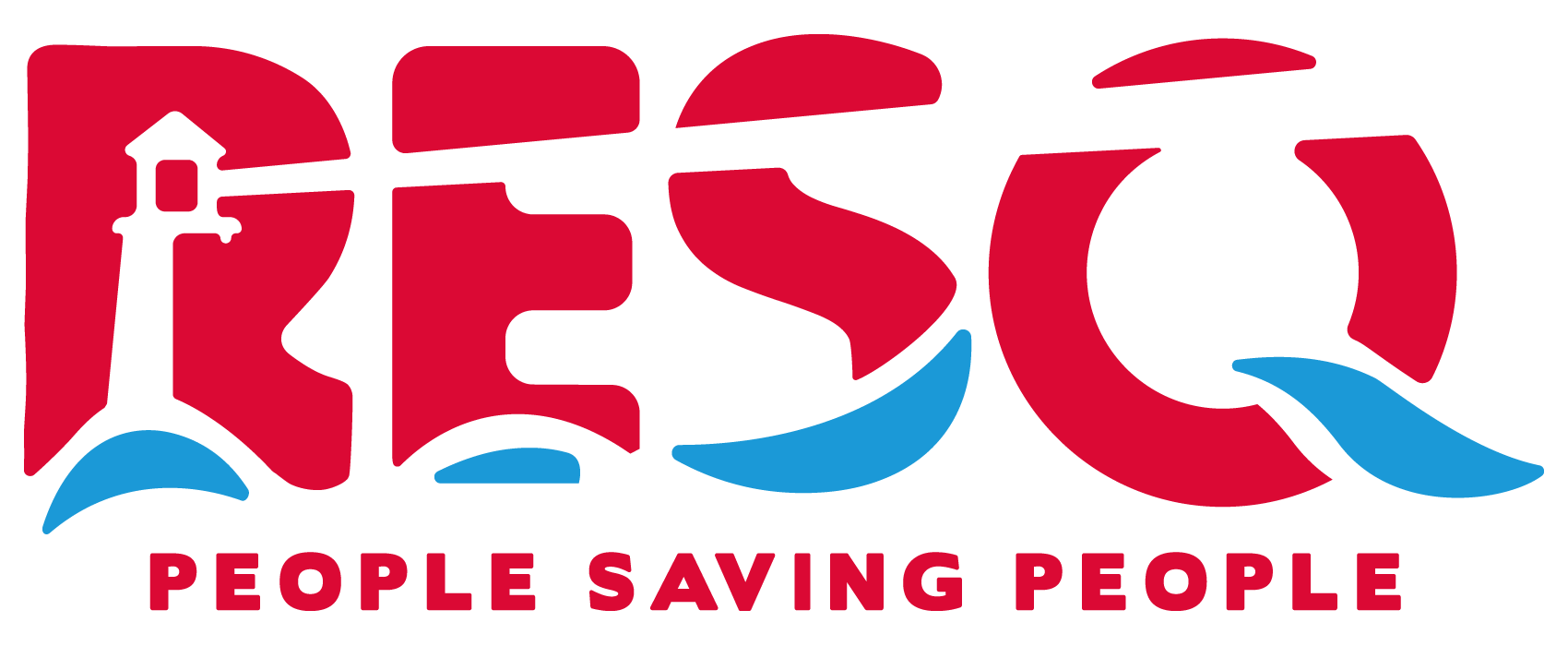
“They arrive with nothing left on their feet, or so. Hungry, wounded, exhausted. Sometimes they are holding waybills and they have to figure out what they are. It is for them that we are opening the Trieste Project.” Lia Manzella, vice president of ResQ, recounts the first week of this new ResQ activity on the land border of Trieste, the gateway to Europe for those arriving from the Balkan route.
“They often arrive at night, go around the station and stay there, because they hope to leave in a few hours. Near the station is the day center – a place to stay warm, find something to eat as well as clothes and basic Italian lessons…a legal desk to learn about their rights, get assistance on asylum claims, possibly report abuse suffered during the journey. In these days we met mostly people who came from Afghanistan, Pakistan, Bangladesh, someone from Kurdistan areas; mostly young people under 30, and some families.”
In the evening we go to Piazza Libertà: this square has become a gathering place and also a symbol. “There is the bench: an open-air clinic where Lorena Fornasir treats the wounds of those who arrive with shattered feet. For those arriving from the Balkan route that is the first human contact, after months or years of violence, with someone who does not want to turn them away, kick them out, or lock them away somewhere, but instead offers help, an outstretched hand.”
